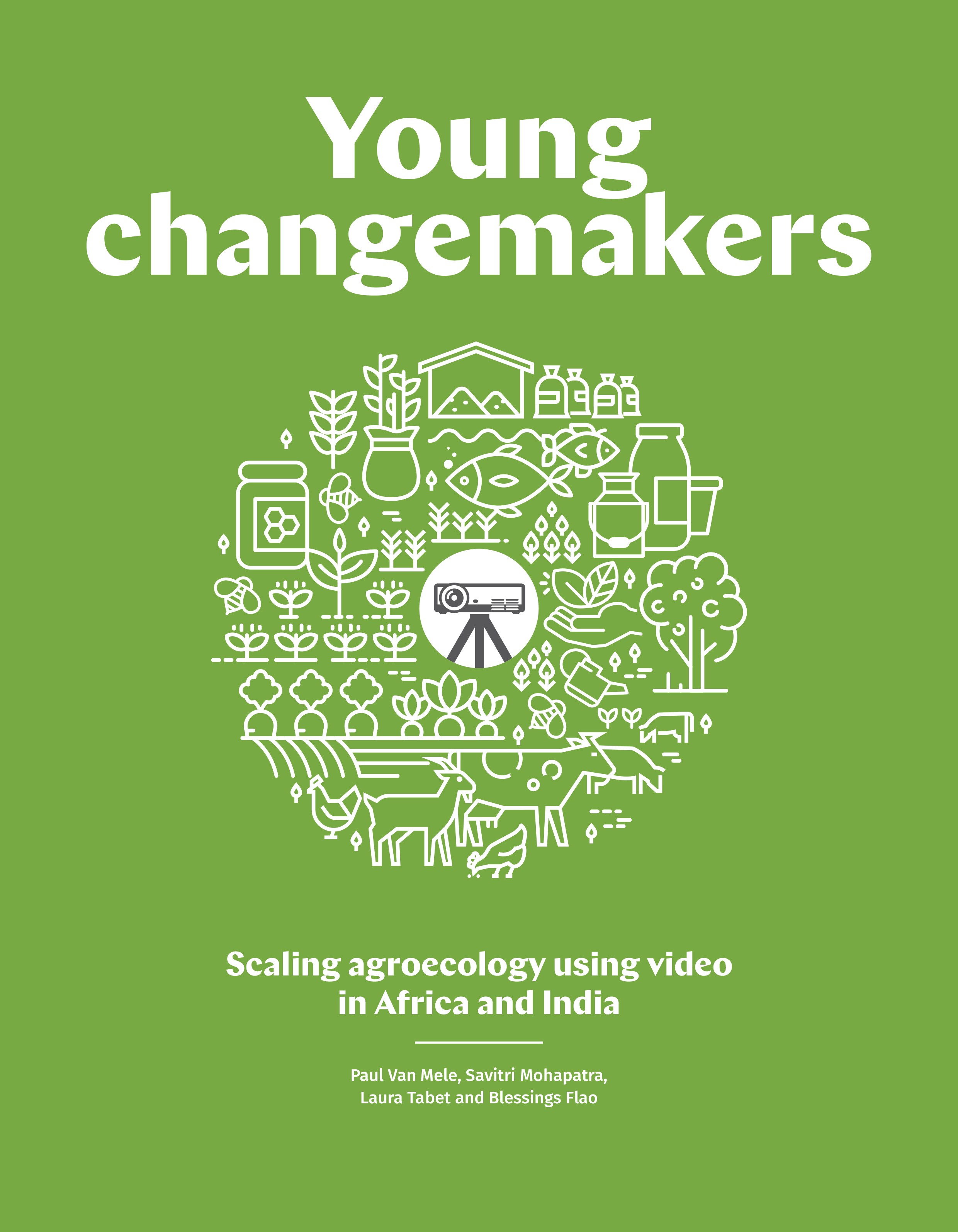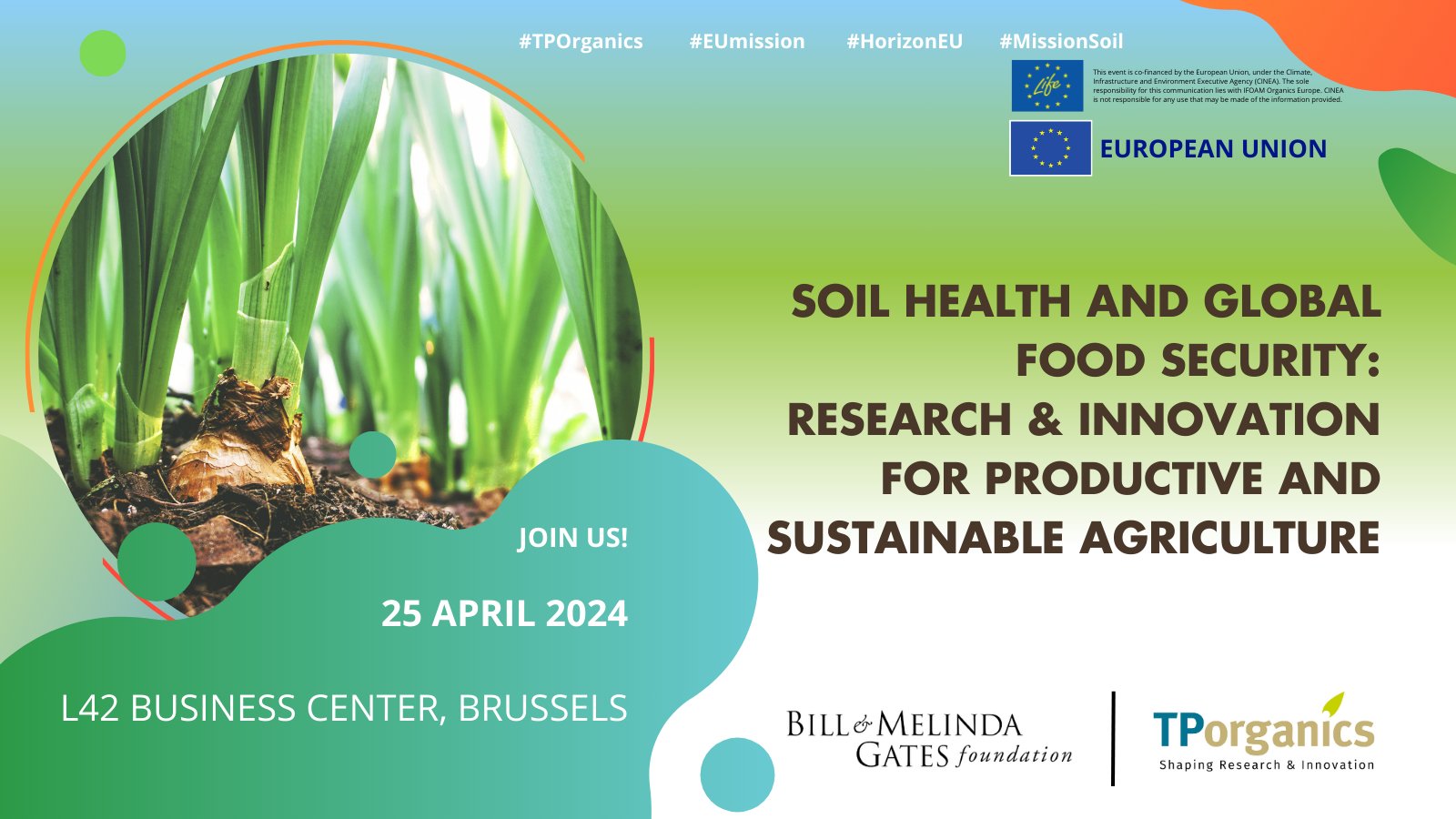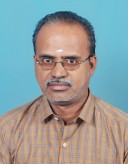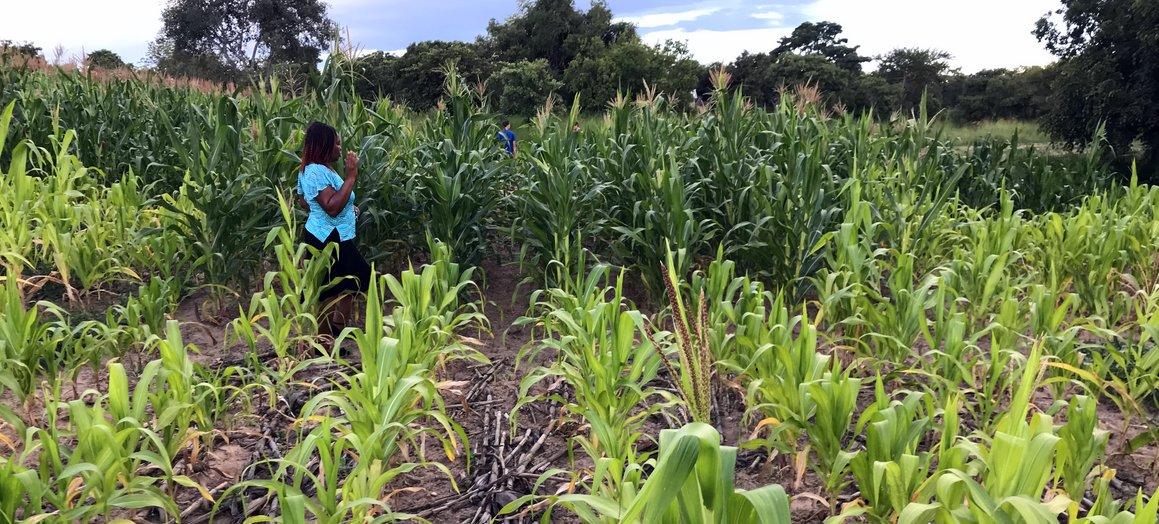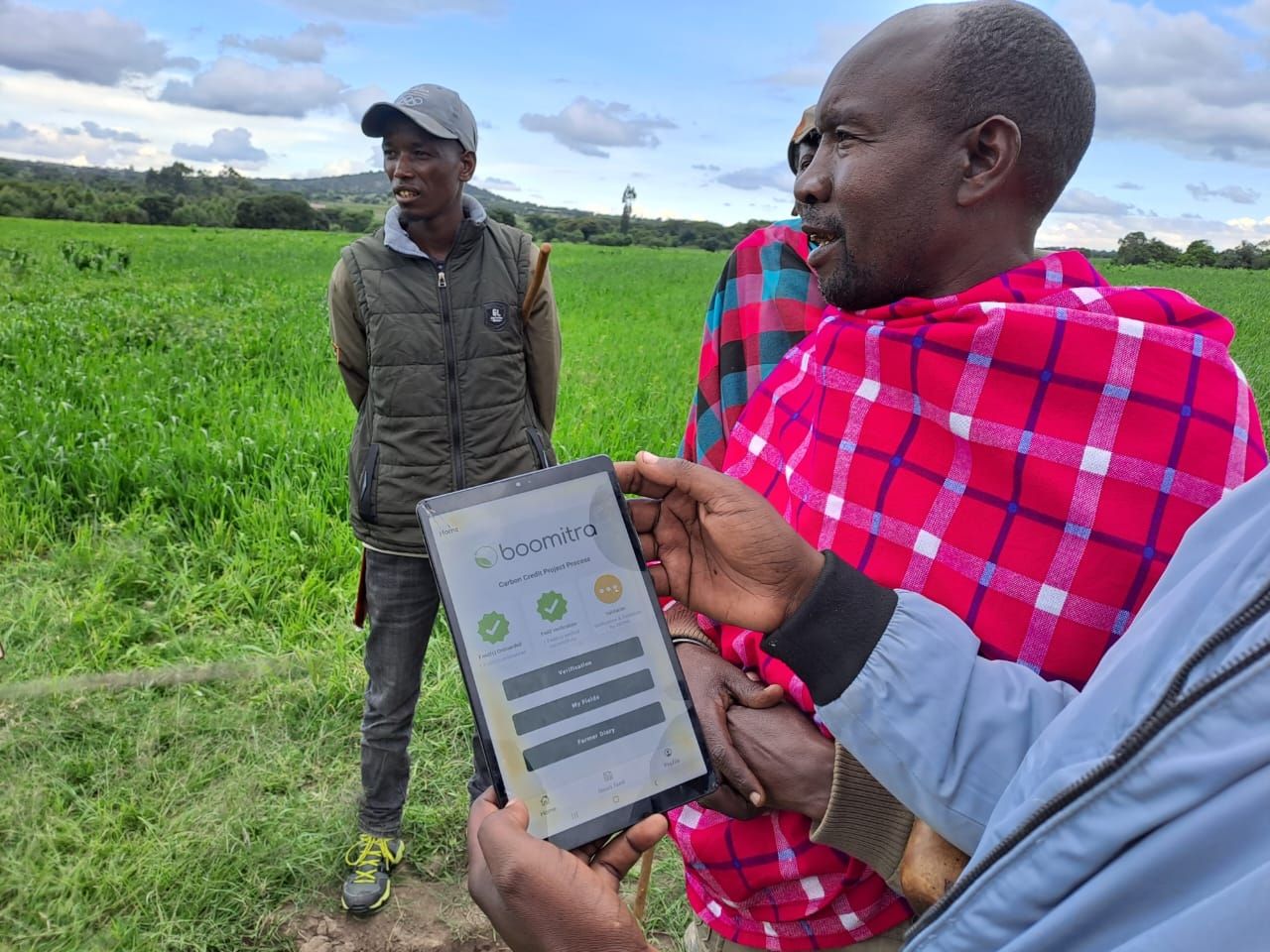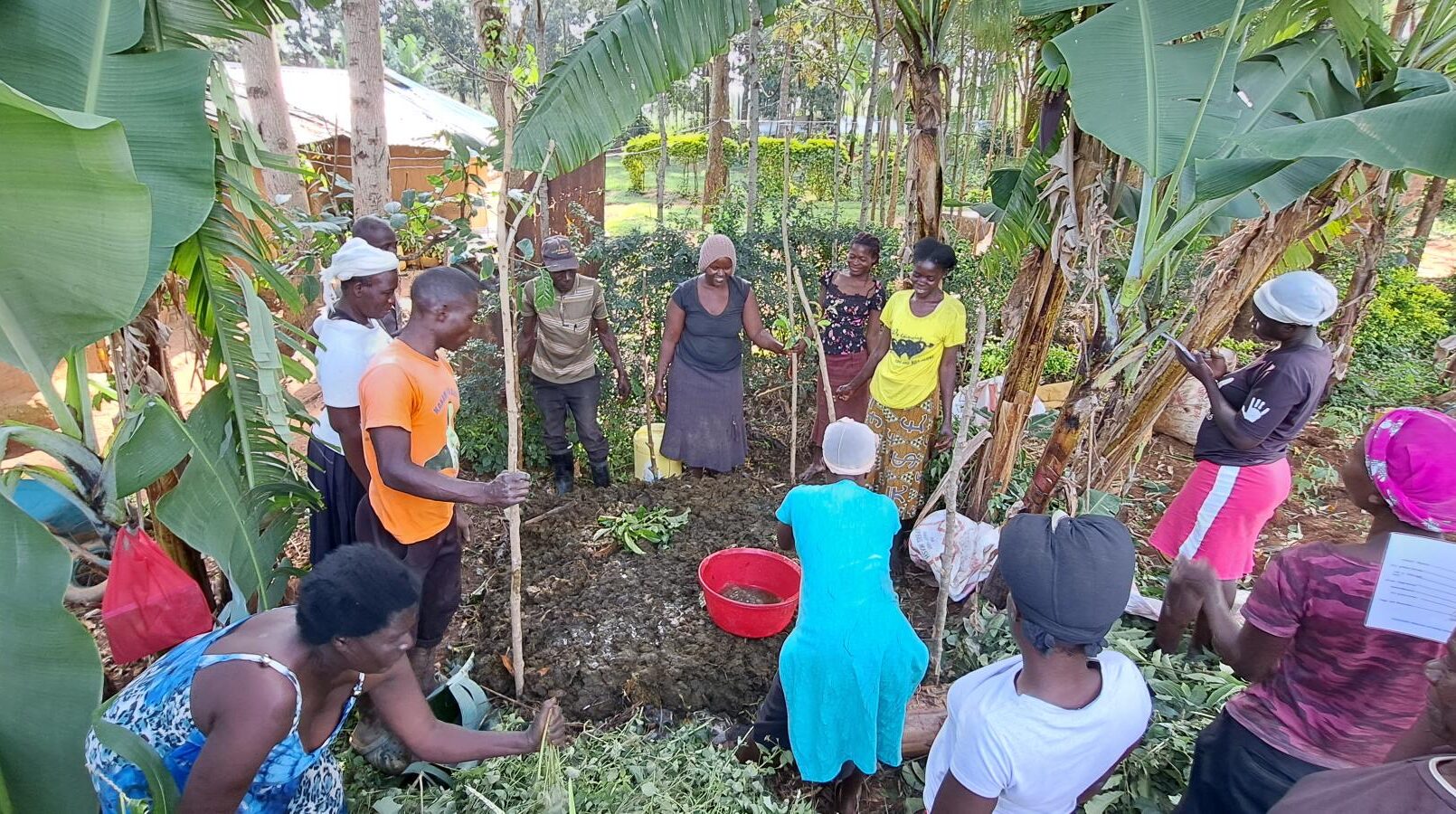Van Mele, P., Mohapatra, S., Tabet, L. and Flao, B. 2024.
Young changemakers: Scaling agroecology using video in Africa and India. Access Agriculture, Brussels,
175 pp.
24 April 2024. Access Agriculture announced the release of its new book “Young changemakers,”
which offers a rich diversity of perspectives and insights
from real-life experiences of
42 inspiring teams of
youths in Africa and India who are blazing a trail as
private extension and advisory service providers
promoting agroecology through farmer-to-farmer
learning videos.
Each of the deeply compelling stories presented in this
book spark new ideas on how young people can drive
change and create sustainable jobs that contribute to
more resilient food systems.
The stories reveal not only the passion, motivation,
creativity and commitment of the young changemakers
to promoting agroecology and sustainable agricultural practices, but also their ability to turn
their challenges into opportunities. Their impact in their communities has been profound, as
evidenced by the success stories shared in this book.
- From 2019 onwards, the organisation has empowered over 120 teams of young Entrepreneurs for Rural Access (ERAs) across 17 countries in Africa and India. Its coaching and support have been instrumental in providing the ERAs with the skills and resources needed to succeed in their endeavours.
- These ERAs have been equipped with a solar powered smart projector – containing a vast library of more than 270 videos in over 100 languages – which enables them to disseminate knowledge on agroecological practices to farming communities.
- Targeting their services to schools, rural clinics, youth clubs, farmer organisations and
refugee settlements, over three years the ERA teams presented in the book screened
agricultural training videos to nearly 200,000 people, of whom 60% were below the age of
35.
Young changemakers provides valuable takeaways for both aspiring and existing agripreneurs and is sure to resonate with all those who wish to support and expand this unique model of young digitally equipped extension and advisory service providers in driving meaningful change in agriculture and food systems.


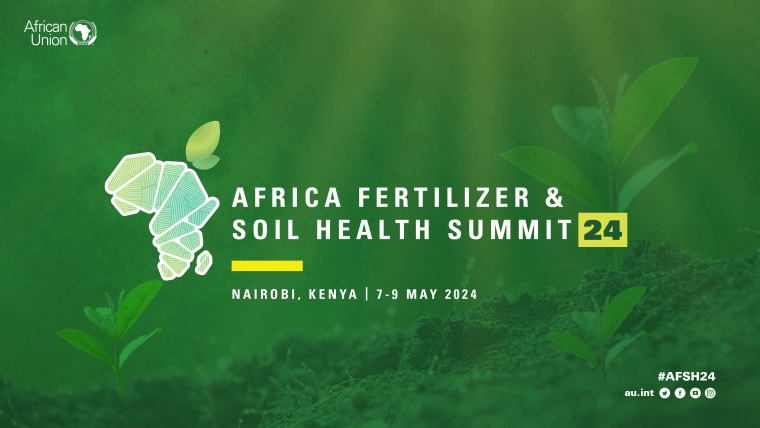
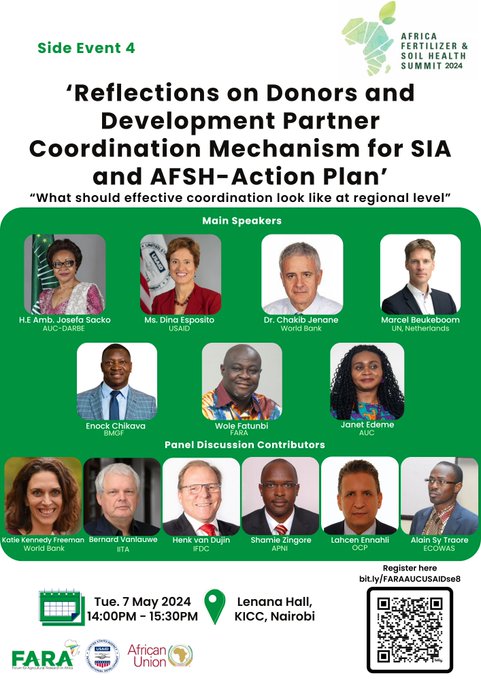
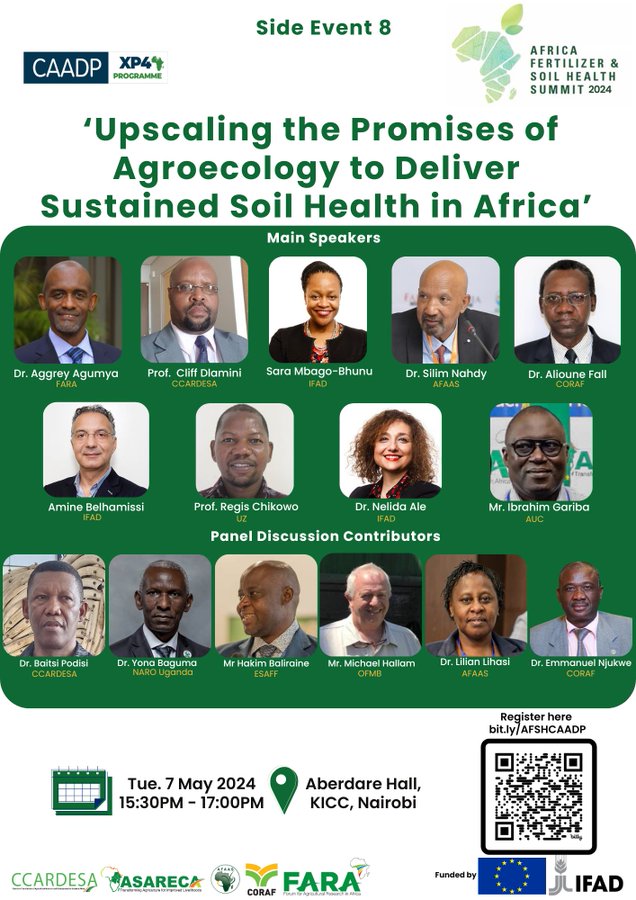
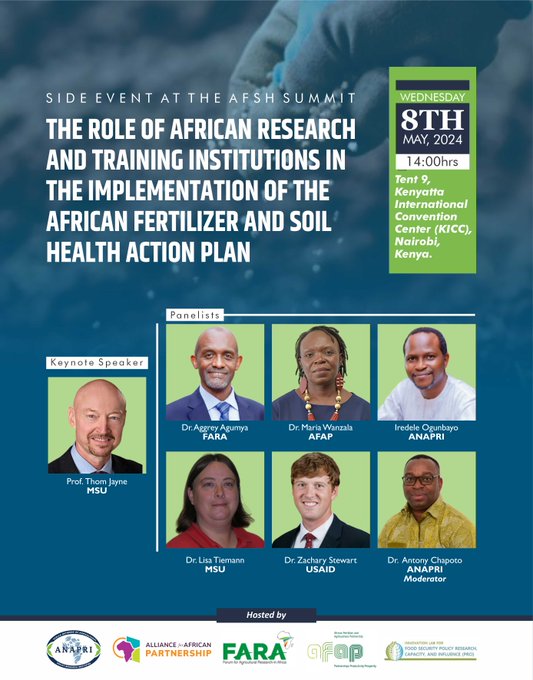

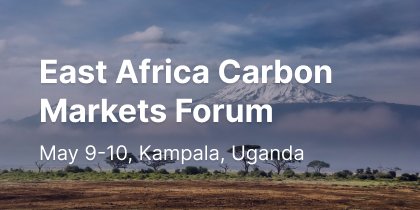
.png.webp?itok=V7jNvBWf)

)

